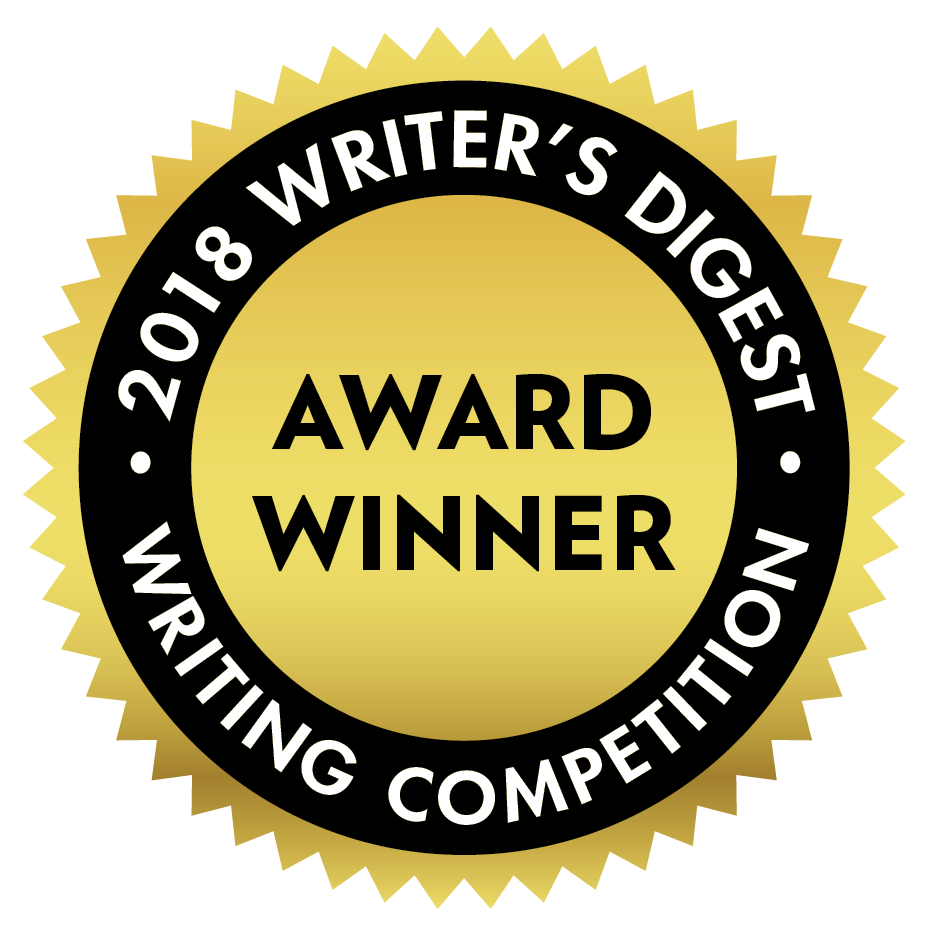Some common advice for writing fiction is to use very few adjectives and adverbs. This is additional advice I don’t like, and I didn’t understand it at first. How could I describe settings and scenes and facial expressions? Plus, I was moving from writing press releases, speeches and business reports, to writing fiction, so I was excited to use adjectives.
As I pondered this disappointment and continued writing, I began to understand the directive, although I phrase it differently. Instead, I use adjectives and adverbs judiciously. A friend put it better: “You use them sparingly, and they are very visual”.
Examples abound online, so I’ll just include a short example of an unnecessary adverb.
#1. “I don’t care,” he said angrily.
#2. “I don’t care,” he said, pounding his fist on the table.
Which one is more visual?
I also use the words “very” and “really”, and I have to go back and delete them. “Very hot.” “Really big.” How about scalding and gigantic. More descriptive.
I’ve heard the overuse of modifiers called lazy writing. I get that now. There are so many more ways to add description – through dialogue, action, and backstory, to name a few.
As I learned to limit my adjectives and adverbs to make them more effective, I discovered other writing devices. Metaphors and similes and onomatopoeia and analogy. These are fun! So, now, I probably use these too much.

Avoid clichés. “Soar like an eagle.”
A metaphor is a comparison to add description. A simile is another descriptive comparison but it uses “like” or “as”.
Analogies compare things more directly. — “My house is as important to me as play-doh is to my 5-year-old daughter.”
Personification gives human traits to an inanimate object. — “That pie is calling my name.”
Onomatopoeia
{On-uh-ma-tuh-pee-uh}
And my favorite: onomatopoeia. These are words that sound like actions. — “The horse clip-clopped down the path.” “Waves sloshed on the shoreline.” I like the way onomatopoeia is spelled, the way it looks when written out, and the way it sounds. It’s a cool word.

Photo by Jorge Dominguez on Unsplash
Waves sloshed on the shoreline as the horse clip-clopped through the pebbles. The rider felt free, out of the desert at last, like she could spread her wings and do anything. The award meant as much to her as spaghetti and meatballs meant to her Italian mother-in-law. The sun celebrated with her, warming her face, and causing the water to sparkle like diamonds.
A good day.
What literary device is your favorite? And what word do you use way, way, way too often?
Note: My apologies to the English and grammar police if I have misrepresented any terms in this post. I’ve described things as I understand them.
###


I’m discovering how often I use the same words. It kind of throws a roadblock in the mix and messes up my train of thought. I find myself getting swallowed up by rules and the creativity sometimes suffers because of it. I guess that’s a big part of the editing process, isn’t it? I enjoyed this post because it addresses some basic issues which I’m currently facing. Thank you.
LikeLike
I do the same thing. I have a list of words that I know I use frequently, so when I’m editing, I search for those words. Sometimes I replace the word; sometimes I leave it. As for the rules, I’ve learned to follow some rules and disregard others!
LikeLiked by 1 person
That’s good to know. I’ve been doing the same as I edit. Rules are made to be broken at times. LOL!
LikeLiked by 1 person
I was the same as you when studying writing, I was told to avoid adverbs and was pretty confused as I’d seen them used constantly in some books I’d read! But actions are definitely much more impactful and it doesn’t mean you have to adverbs completely, just use them sparingly like you said. I love onomatopoeia also, it’s so satisfying. I use the word ‘just’ a lot in my writing; my characters always ‘just’ want to do something! Great examples here of ways to describe things that are more outside the box.
LikeLiked by 1 person
It’s all about practice and editing and layers and layers of drafts. Most of all it’s our stubbornness and our determination to get it right that leads us to creating an excellent draft.
Speaking of excellent: Love this post.
LikeLike
Lol. This is one area where being stubborn and determined is a good thing. 🙂
LikeLike
I love coming up with figurative language to substitute for adverbs! It’s a work out for my imagination, and since I write in first person, I try to craft metaphors appropriate for my POV character. Such as a character who’s a photographer describes scenes in terms of lighting.
LikeLike
That’s both clever and creative, and part of the fun of writing fiction! It is more work but it feels so good when you find the perfect metaphor or analogy. 🙂
LikeLike
Great advice! I’ve found that since becoming much more critical of cutting out adjectives, my writing’s become a lot more sparse but more visually effective e.g. saying someone ‘towered over you’ rather than ‘he was gigantic’. Less really is more when portraying characters and settings – fab tips!
LikeLike
I agree! Thanks for stopping by.
LikeLike